What is Emotional Intellegence?
Emotional Intelligence is the ability to recognize one’s own emotions, self-regulate those emotions, become a life-long learner, express true empathy, and develop healthy relationships with self and with others. The problem is, most people have learned bad habits that are preventing healthy boundaries and relationships.
Humans would rather be ruined, crushed, belittled, or abused than change, or even be asked to change. How many times in a conversation do you hear the phrase, “I know?” The phrase “I know” shuts down learning, understanding, and is associated with a fixed mindset. This learned approach (behavior addiction) to life is often held by those who prefer the status quo to the energy and effort required to discover something they don’t know.
Growth and healing come from the inside out. The world approaches life from the outside in. The constant stimulation and temporary happiness can be summed up by those who crave the dopamine of getting more likes on Facebook.
The same is true for those who get angry over simple things, play the role of a victim, or always have to be right. The process of wanting other people to change so you can finally be happy doesn’t work. It’s time to change your system of living.
What if it was possible to focus on what you can control and invite growth, change, healing, and success into your life on a permanent basis? You are hardwired to connect, make friends, and have intimate relationships. If you are not experiencing deep, emotional relationships with family, friends, or coworkers, and you want to change, now is the time.
Remember, this system is designed to teach you how to take ownership over what you can control. Others’ behavior is not something you can control. What you think, do, and feel is something you can control, once you learn the secrets.
The following are the five characteristics of Emotional Intellegence
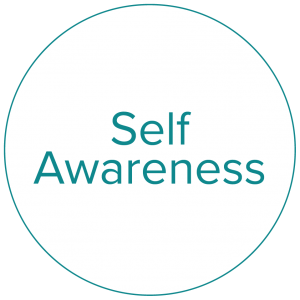
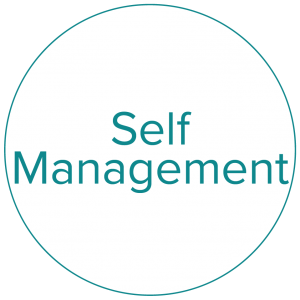
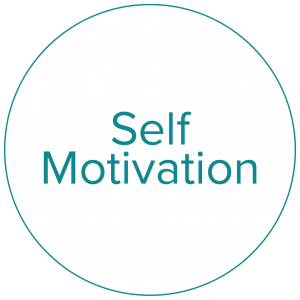
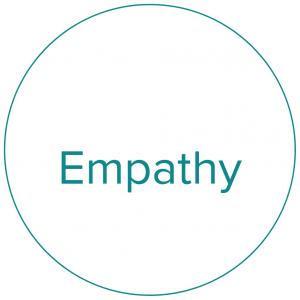
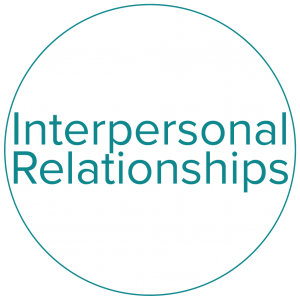
In the late 1980s, the term emotional intelligence began to appear in both scholarly and general public literature. These non-cognitive intellectual elements, termed EI, continued to gain momentum as a legitimate construct both as a science and as an individual measuring tool of one’s ability to recognize, control, and interpret emotions. The impact of EI on personal competencies, social competencies, ethics, the ability to lead, manage, marriage, parenting, and the success as a student has undergone significant research.
Peter Salovey and John D. Mayer coined the term ‘Emotional Intelligence’ in 1990 describing it as “a form of social intelligence that involves the ability to monitor one’s own and others’ feelings and emotions, to discriminate among them, and to use this information to guide one’s thinking and action”.
In the 1990’s Daniel Goleman became aware of Salovey and Mayer’s work, and this eventually led to his book, Emotional Intelligence. Goleman was a science writer for the New York Times, specializing in brain and behavior research. He trained as a psychologist at Harvard where he worked with David McClelland. McClelland was among a growing group of researchers who were becoming concerned with how little traditional tests of cognitive intelligence (IQ etc.) told us about what it takes to be successful in life.
